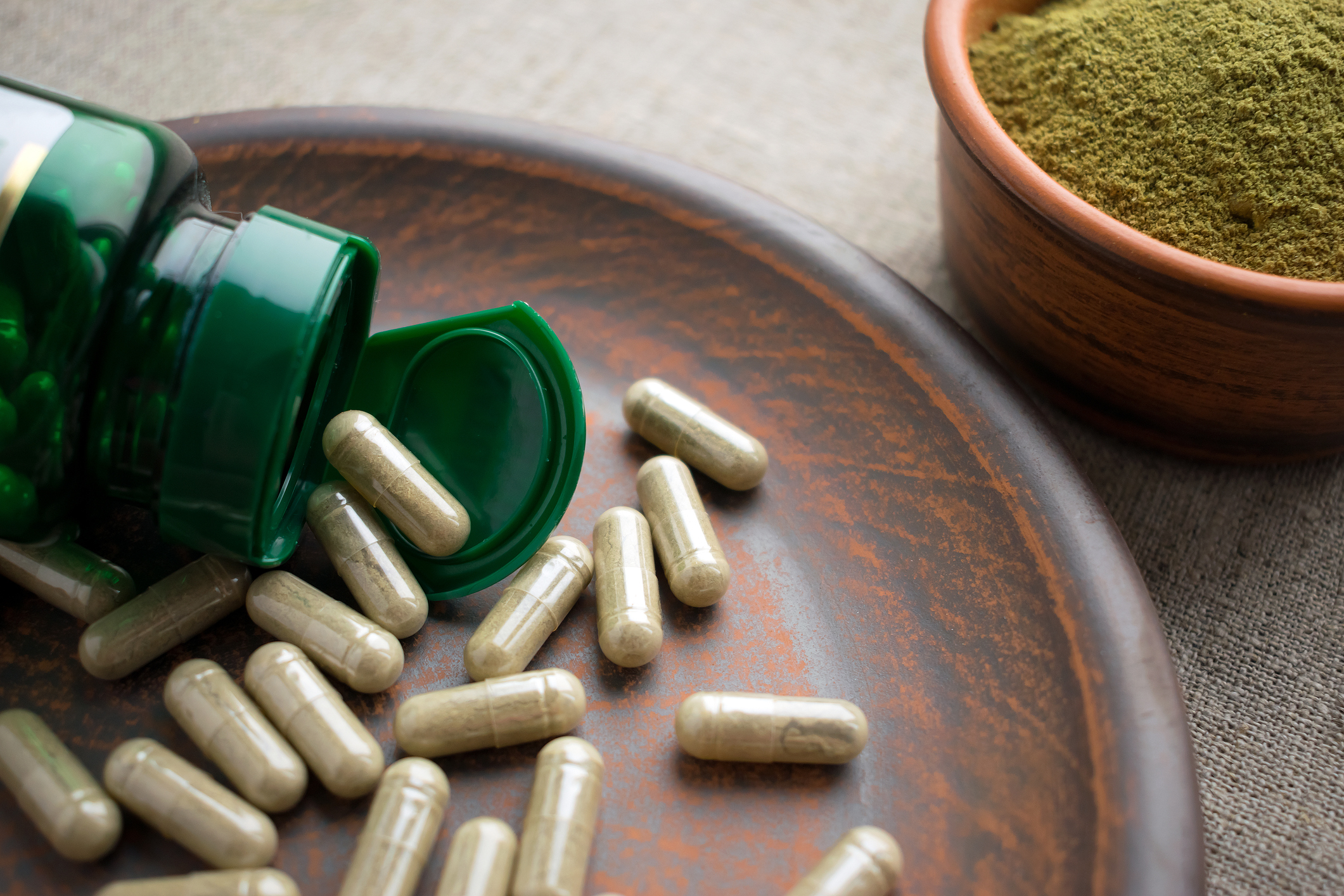

If there is one drink that boasts the most disease-fighting power in each and every sip, hands-down that drink is green tea.
From guarding your body against metabolic syndrome to keeping your mouth healthy, it’s often considered the holy grail of drinks.
So if drinking green tea is so good for you, wouldn’t leveling up its power and using a high-dose green tea extract be even better?
Not so fast…
The health benefits of green tea
But before we jump into what we’ve learned about green tea extracts, let’s take a look at why we should all be adding green tea to our daily sipping schedule:
- Protection from DNA damage – Epigallocatechin gallate (EGCG), an antioxidant found in green tea, has been found to boost levels of a natural anticancer protein known as p53. It’s a protein that acts as a guarding for your genome, capable of repairing DNA damage and destroying cancerous cells.
- Lower blood pressure – A study in China found green tea was associated with a 6 percent lower risk of hypertensive BP.
- Better eyesight – Green tea has also been shown to strengthen the eyes and protect against two common causes of vision loss, cataracts and glaucoma.
- Improved gut health – Poor gut health can put you at risk for everything from diabetes to heart disease. But green tea has been found to decrease gut inflammation to help ward off disease.
- Potent antibacterial activity – This may surprise you, but green tea has so much antibacterial power, it works to fight off a multitude of disease-causing bacteria, including bacteria that target your mouth and skin. It’s even strong enough to go after tuberculosis (TB).
- A slimmer, trimmer body – And if all that weren’t enough, the caffeine and antioxidants found in green tea can also enhance weight loss by increasing metabolic rate and fat burning, both at rest and during exercise.
Clearly, the benefits of green tea really stack up! Does that mean more is better?
Use caution with green tea extracts
But when it comes to green tea, like many other things — you can get too much of a good thing…
Using data from the Minnesota Green Tea Trial, a large study of green tea’s effect on breast cancer, Rutgers researchers discovered a small subset of people in whom too much of the predominant compound found in green tea — epigallocatechin gallate (EGCG) — increased stress on their livers, which could potentially lead to damage or even failure of the organ.
Now mind you, they took in 843 mg daily via green tea extracts — that’s the equivalent of about 8 to 10 cups of green tea daily — over a one-year period.
The researchers found that early signs of liver damage were more common in women with one variation in the catechol-O-methyltransferase (COMT) genotype and strongly predicted by a variation in the uridine 5’-diphospho-glucuronosyltransferase 1A4 (UGT1A4) genotype.
For this high-risk group, signs of liver stress increased by a whopping 80 percent after just nine months of consuming a green tea supplement.
However, even the people without that genetic issue weren’t out of the woods. According to the researchers, people that were part of the low-risk genotypes saw the same enzyme go up by 30 percent.
The takeaway?
According to Hamed Samavat, senior author of the study and an assistant professor of nutrition sciences at the Rutgers School of Health Professions, “We’re still a long way from being able to predict who can safely take high-dose green tea extract.”
But Samavat noted the risk of liver toxicity is only associated with high levels of green tea supplements and not with drinking green tea or even taking lower doses of green tea extract.
Green tea is an incredible tool in your health arsenal to defeat disease and keep your body at its best. Just be sure to do it sensibly and avoid high-dose green tea extracts.
For most people, one to four cups of green tea daily is considered safe. The amount of EGCG in an 8-ounce cup of green tea ranges between 50 to 100 mg. So if four cups deliver 400 mg, that’s less than half of the amount that caused potential liver problems in the groups at risk in the Rutgers study.
Sources:
Not Safe for Everybody: The Hidden Risk of Green Tea Extract – SciTechDaily

